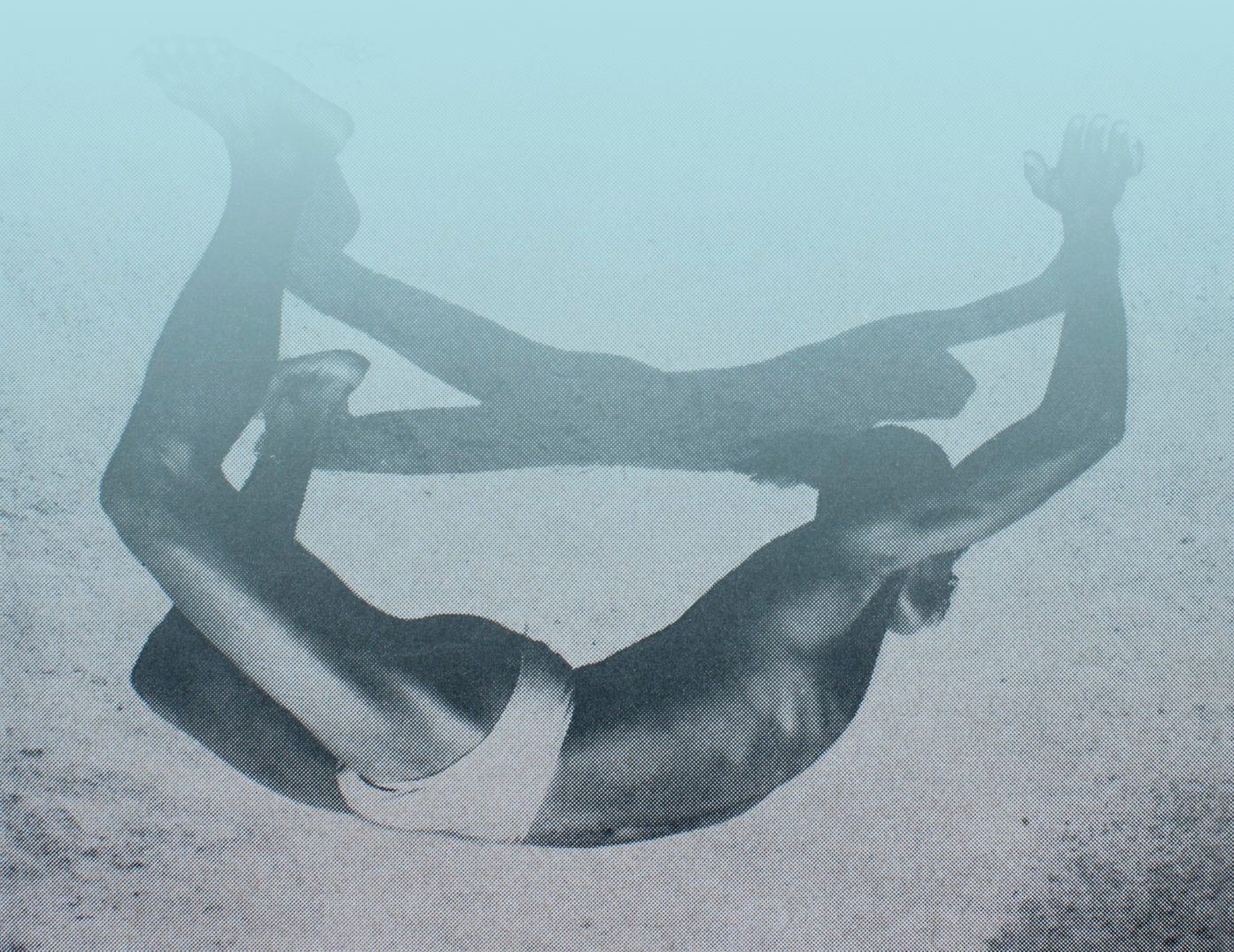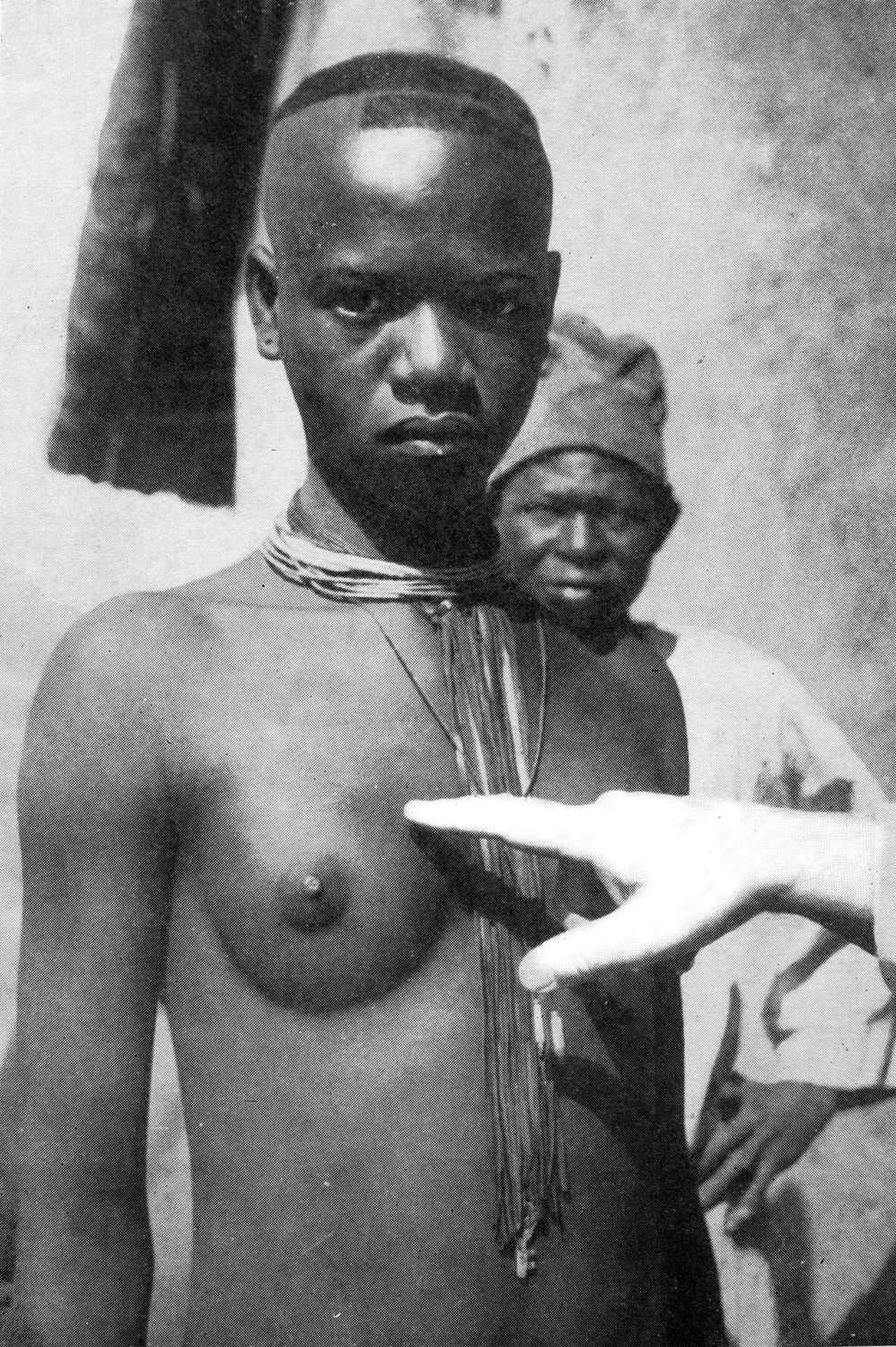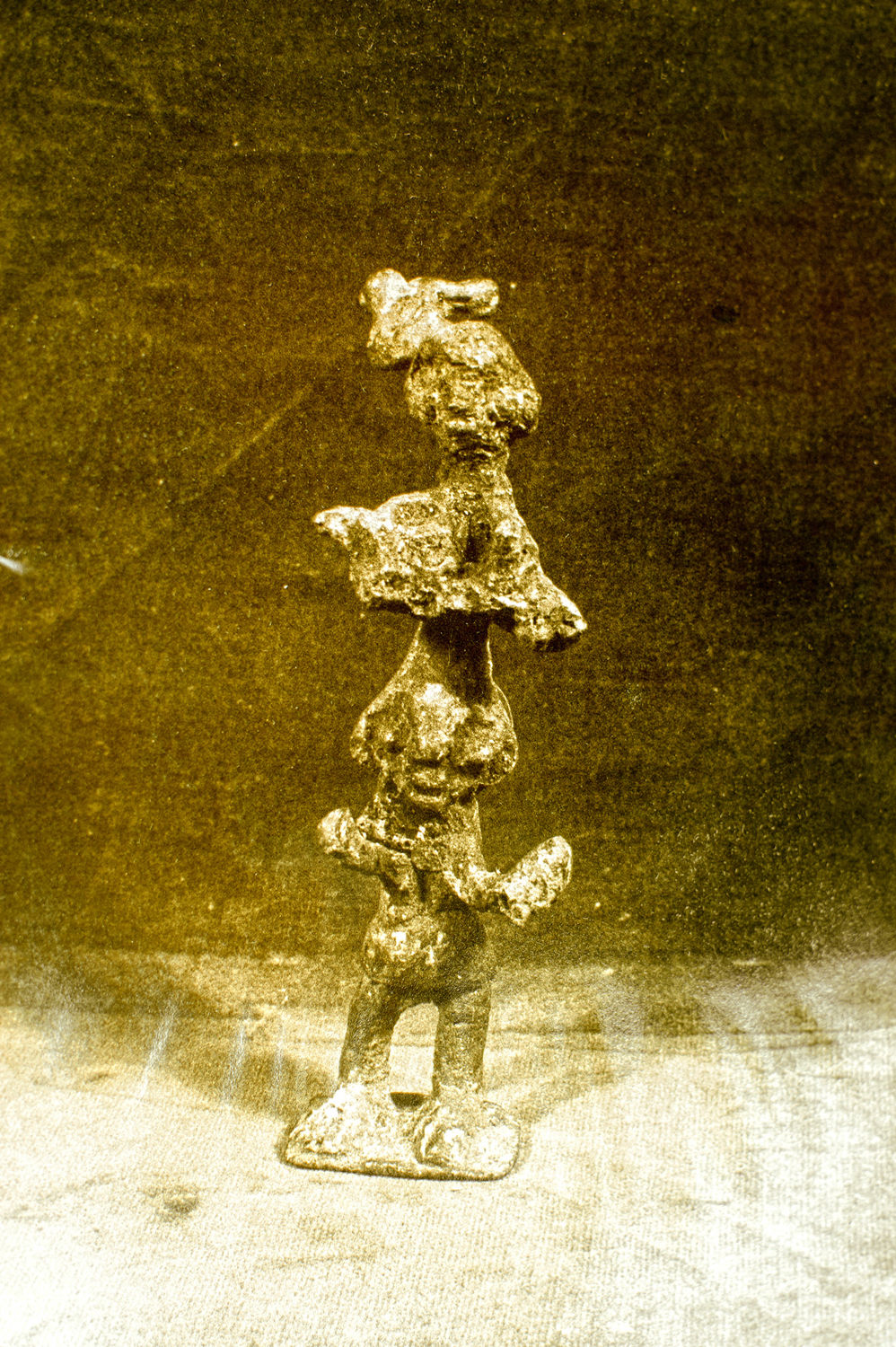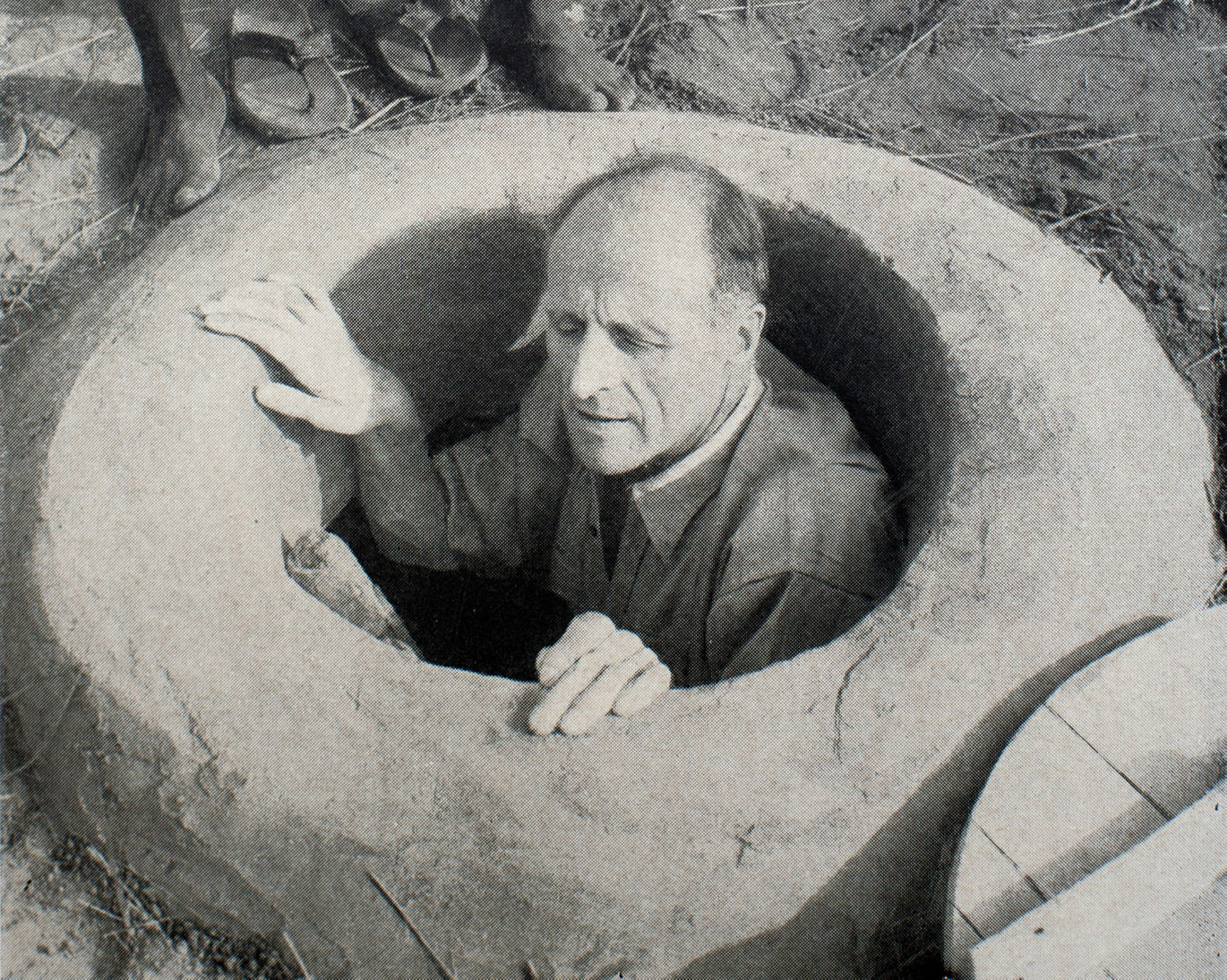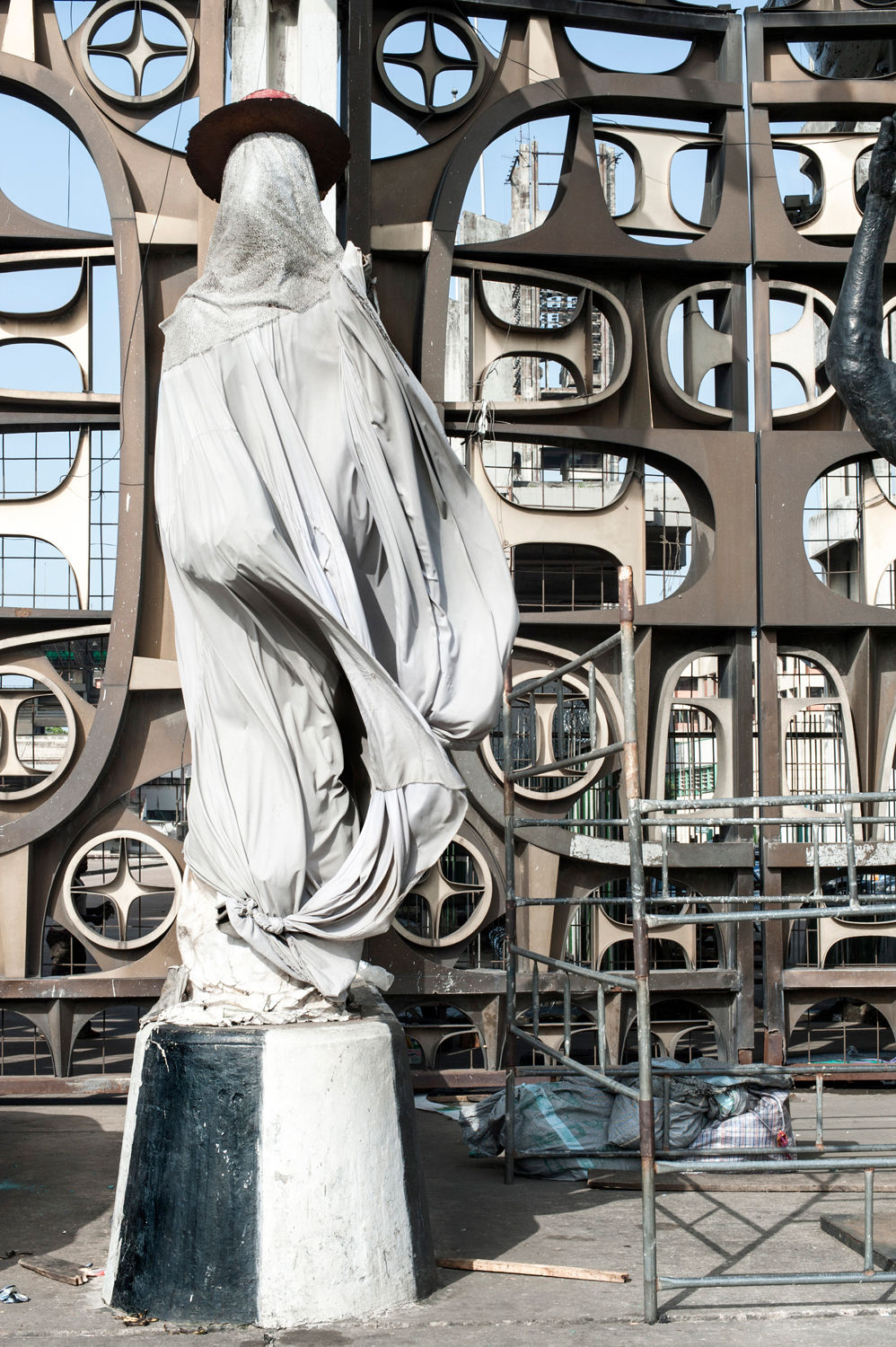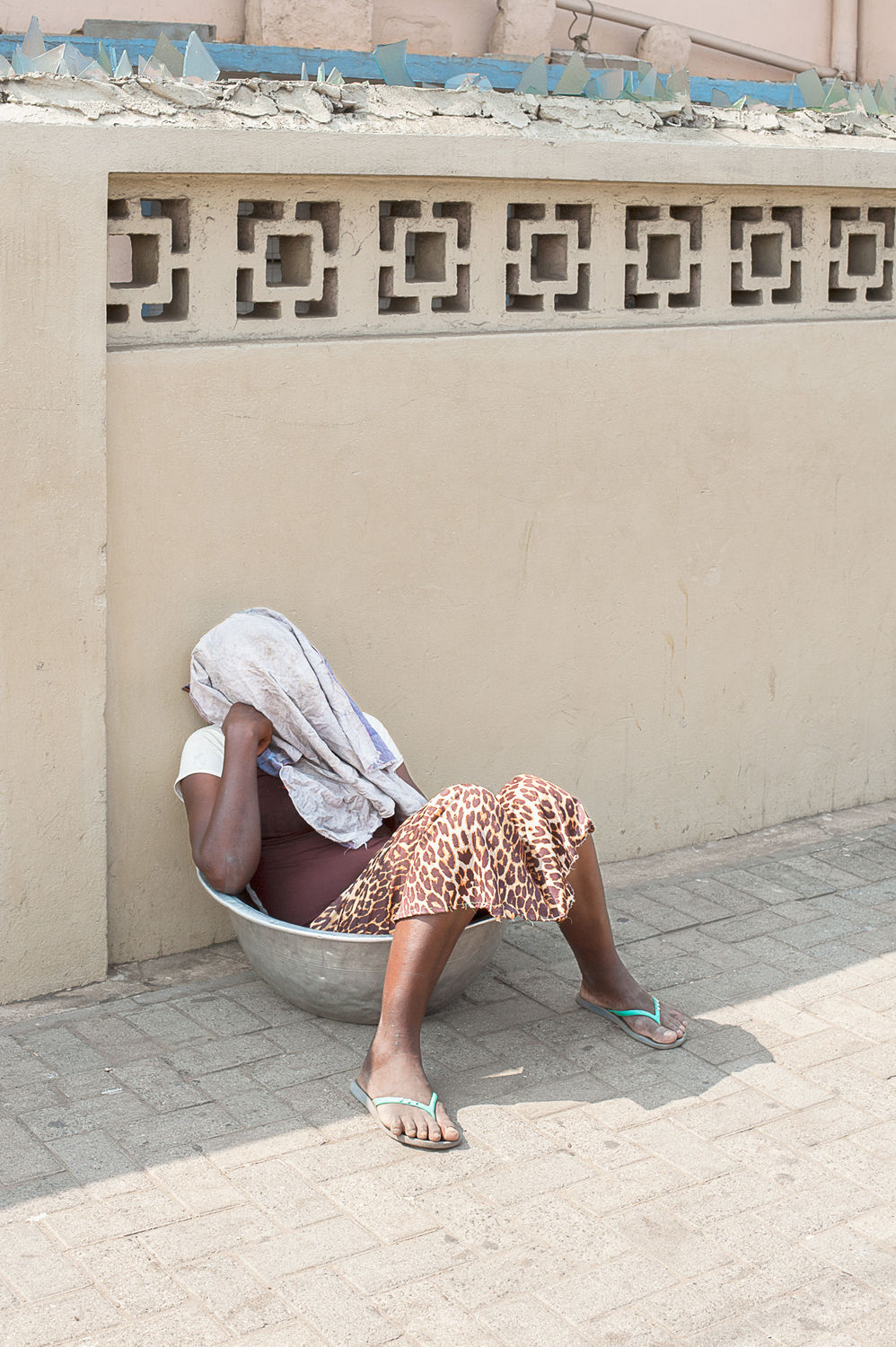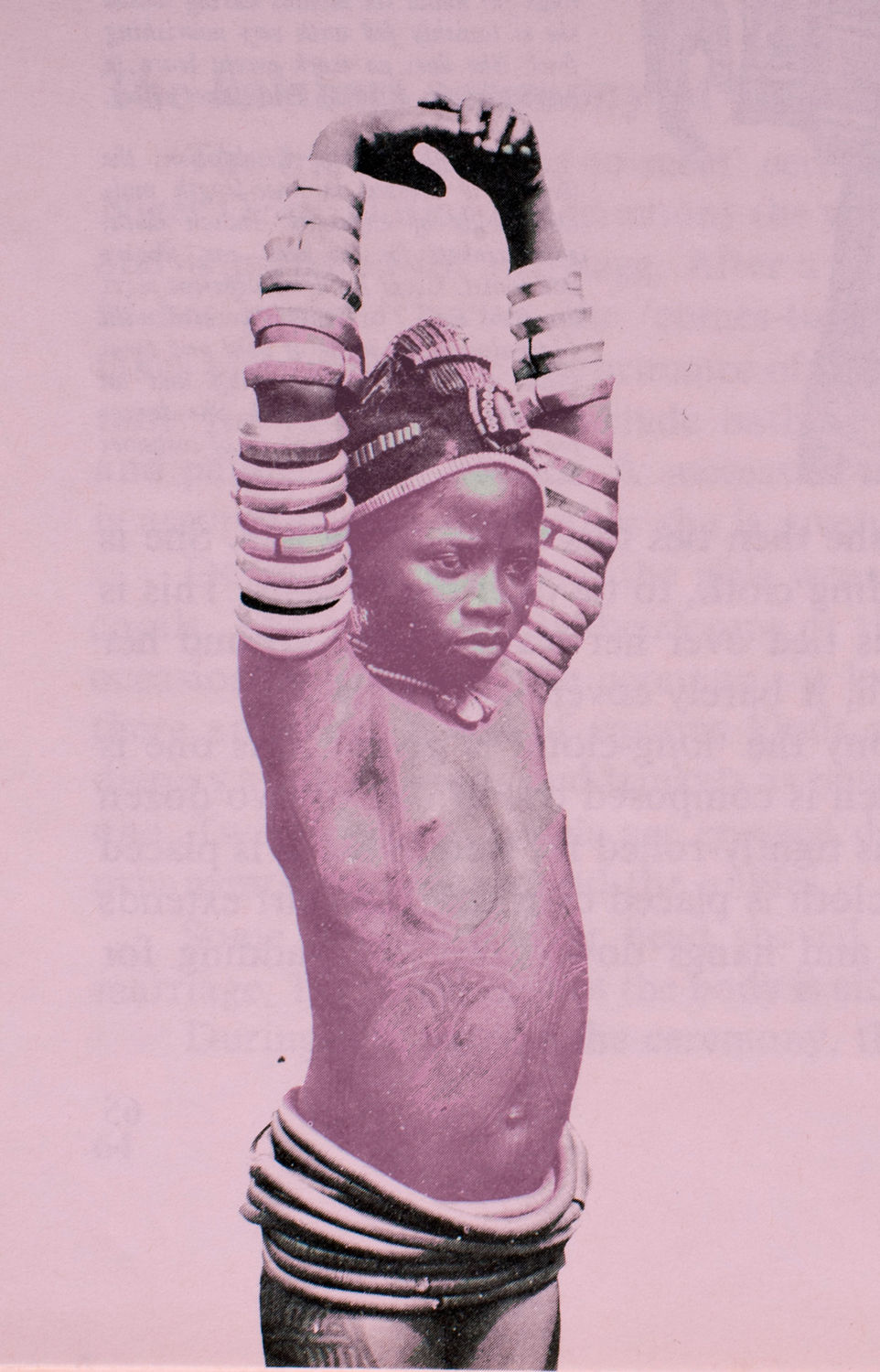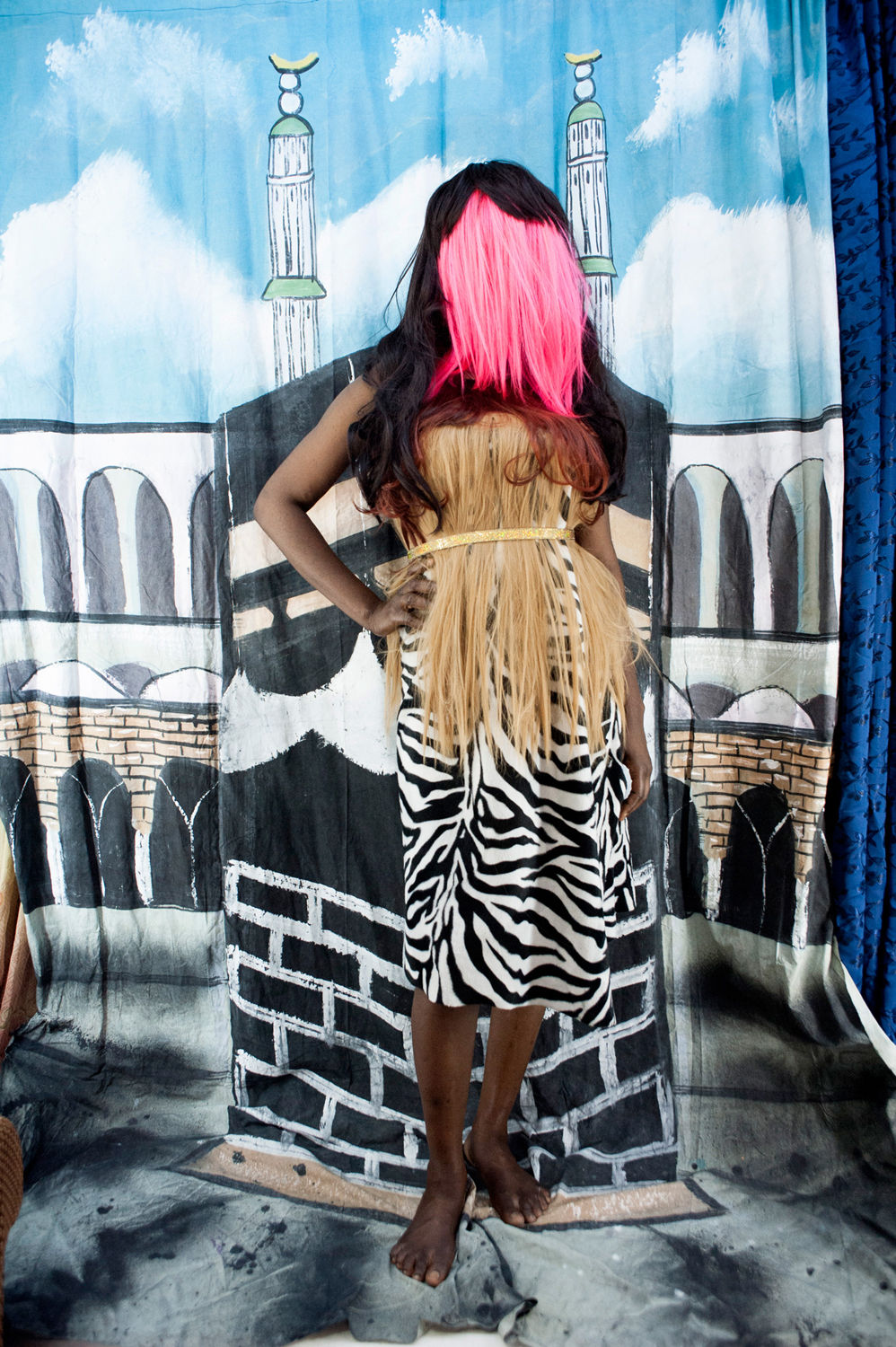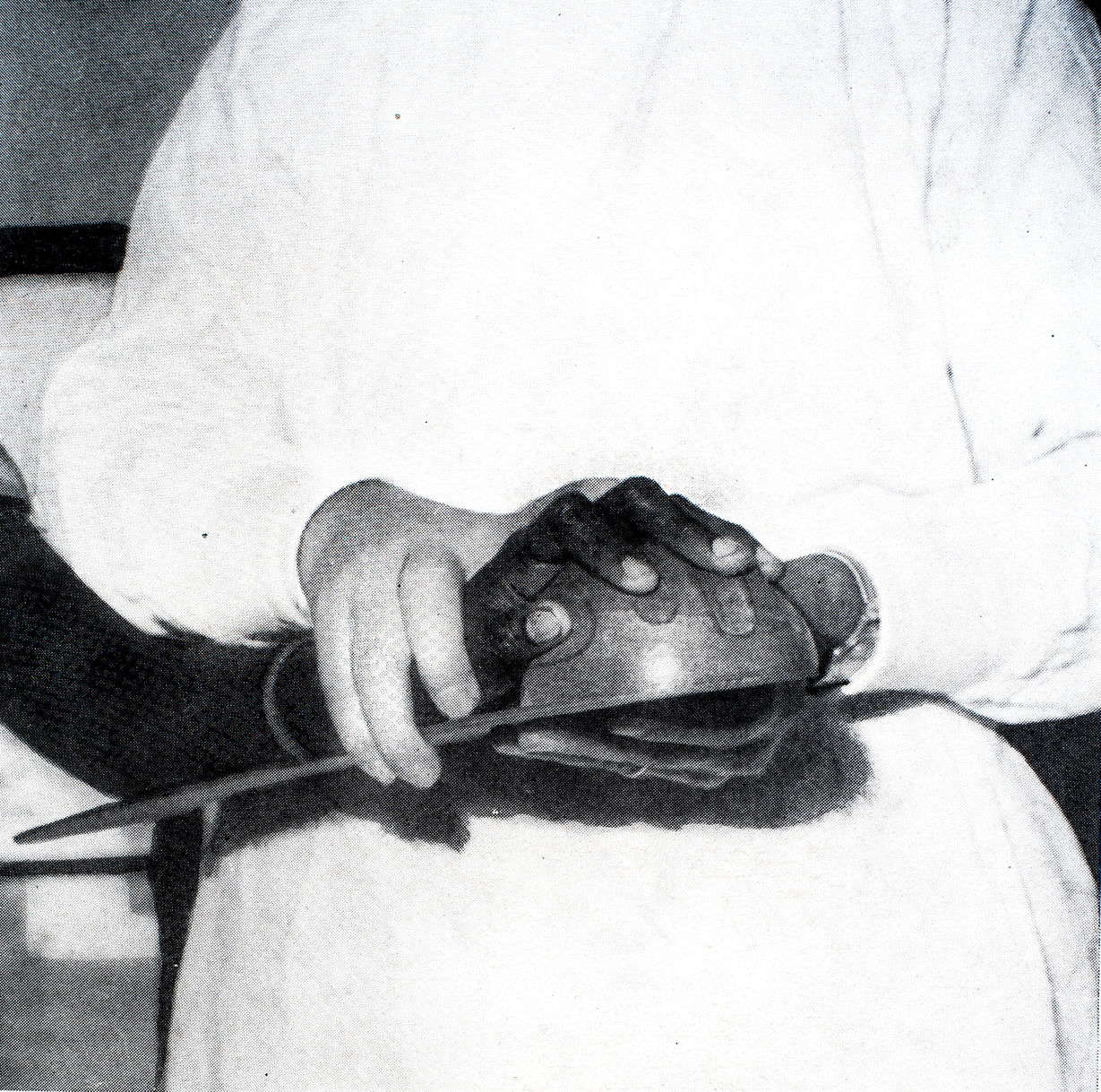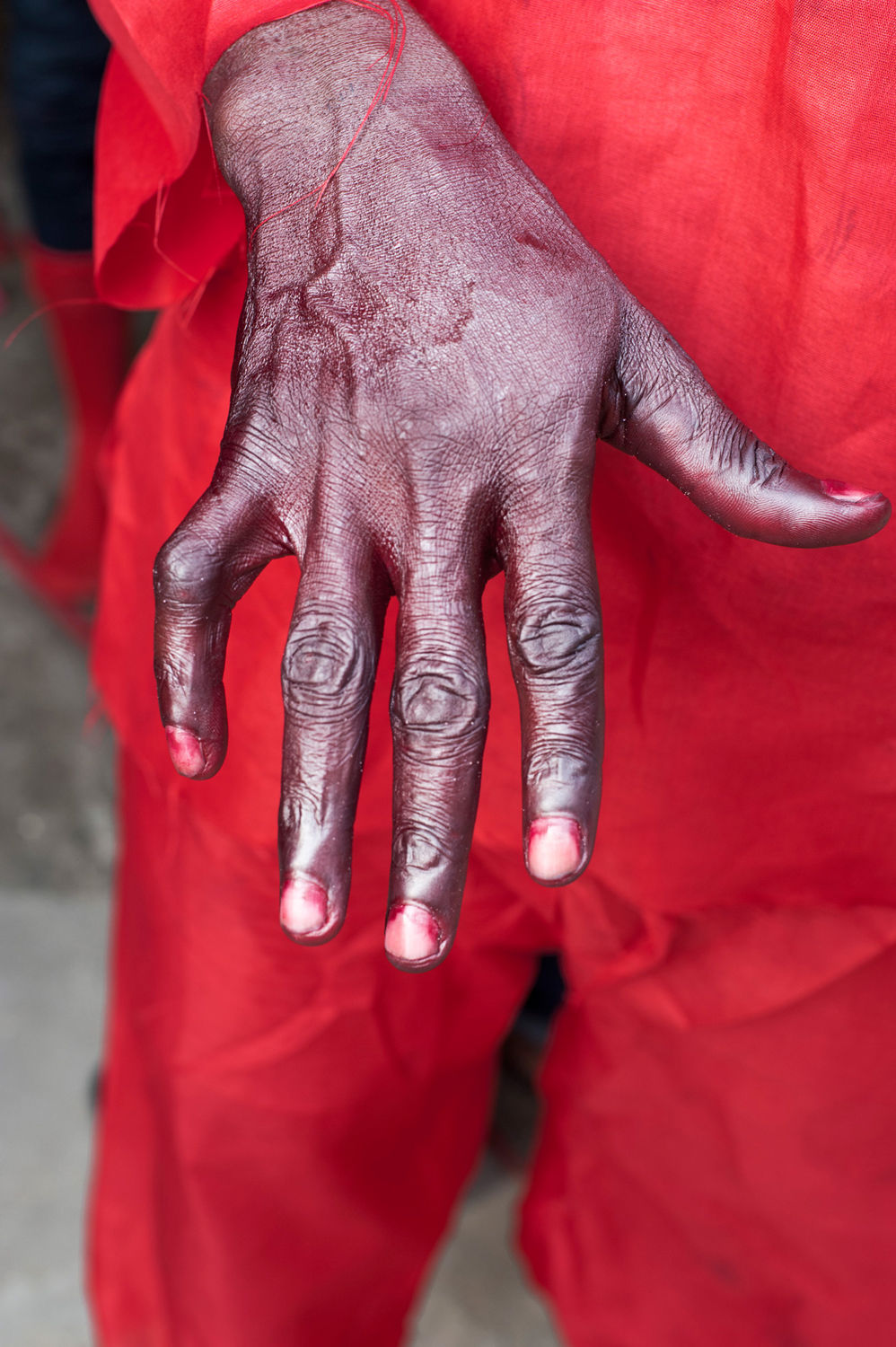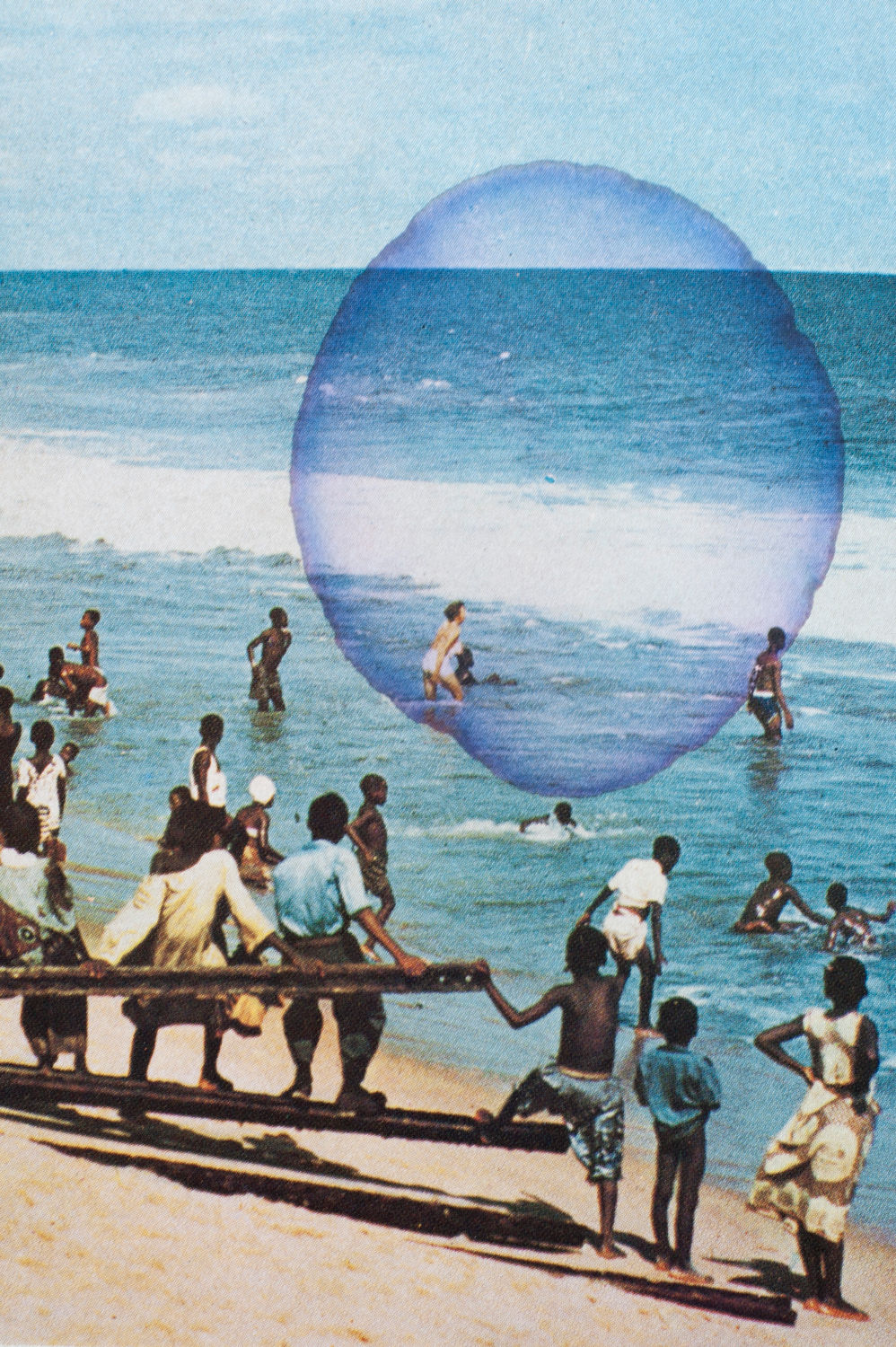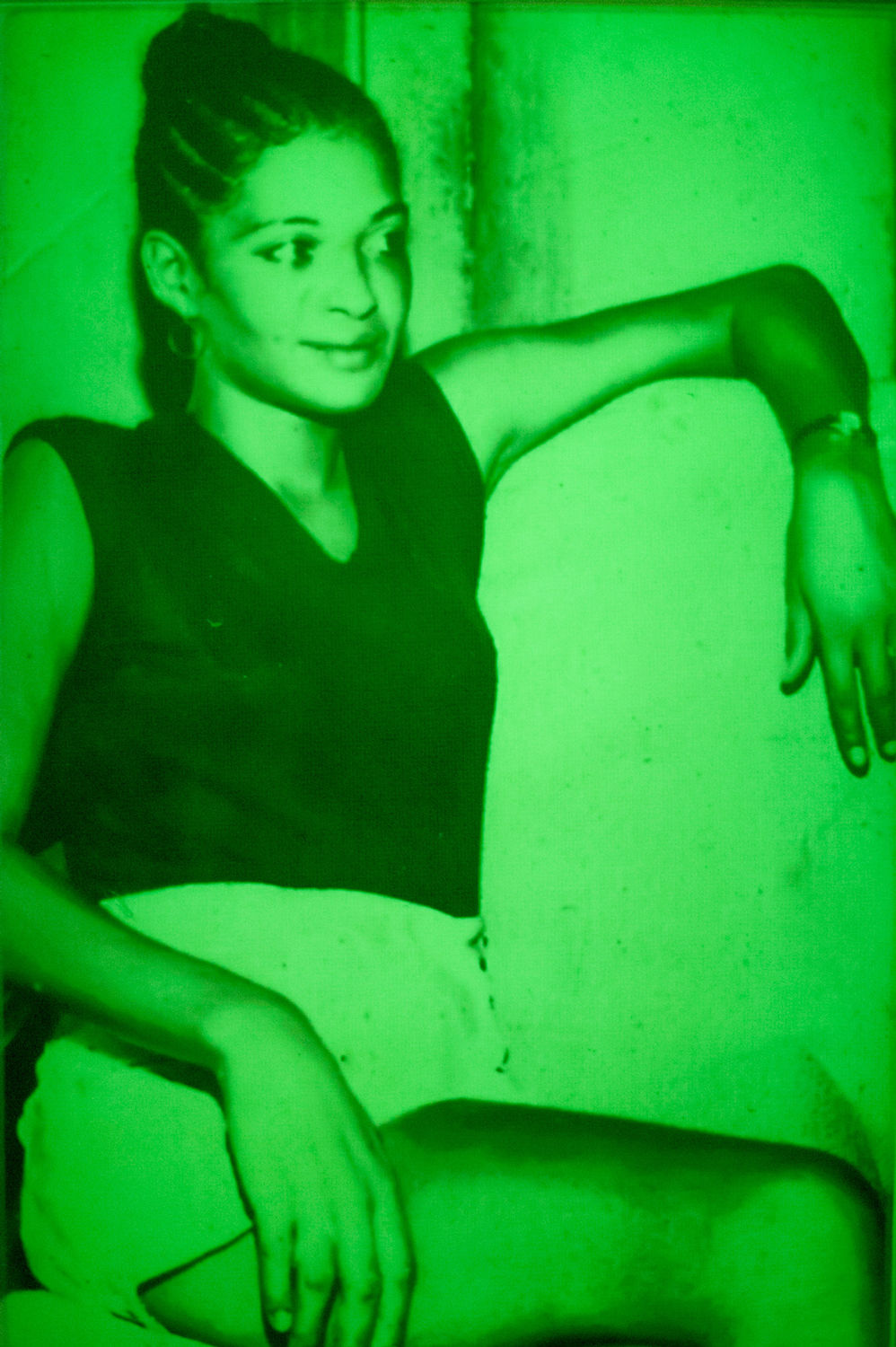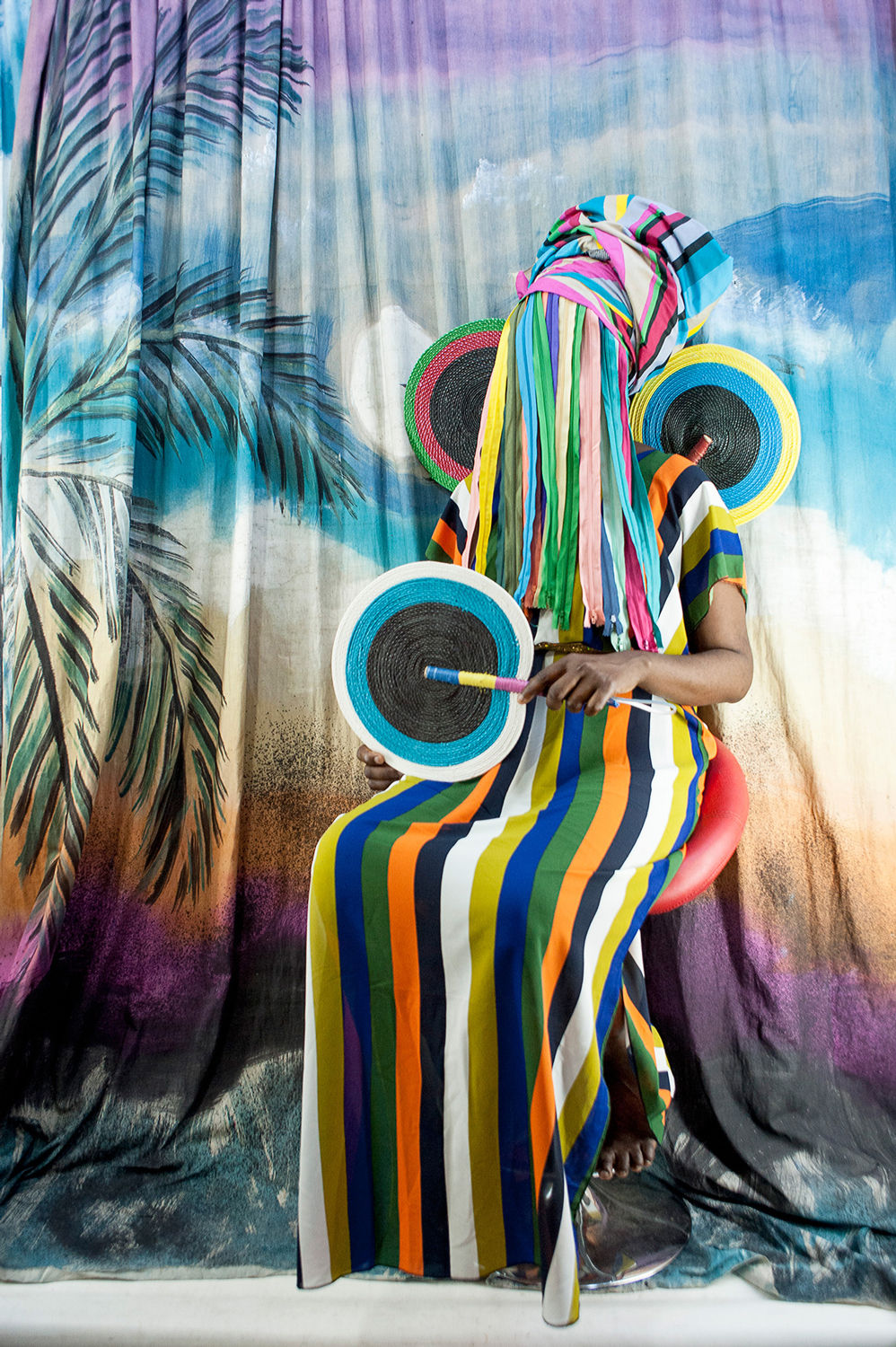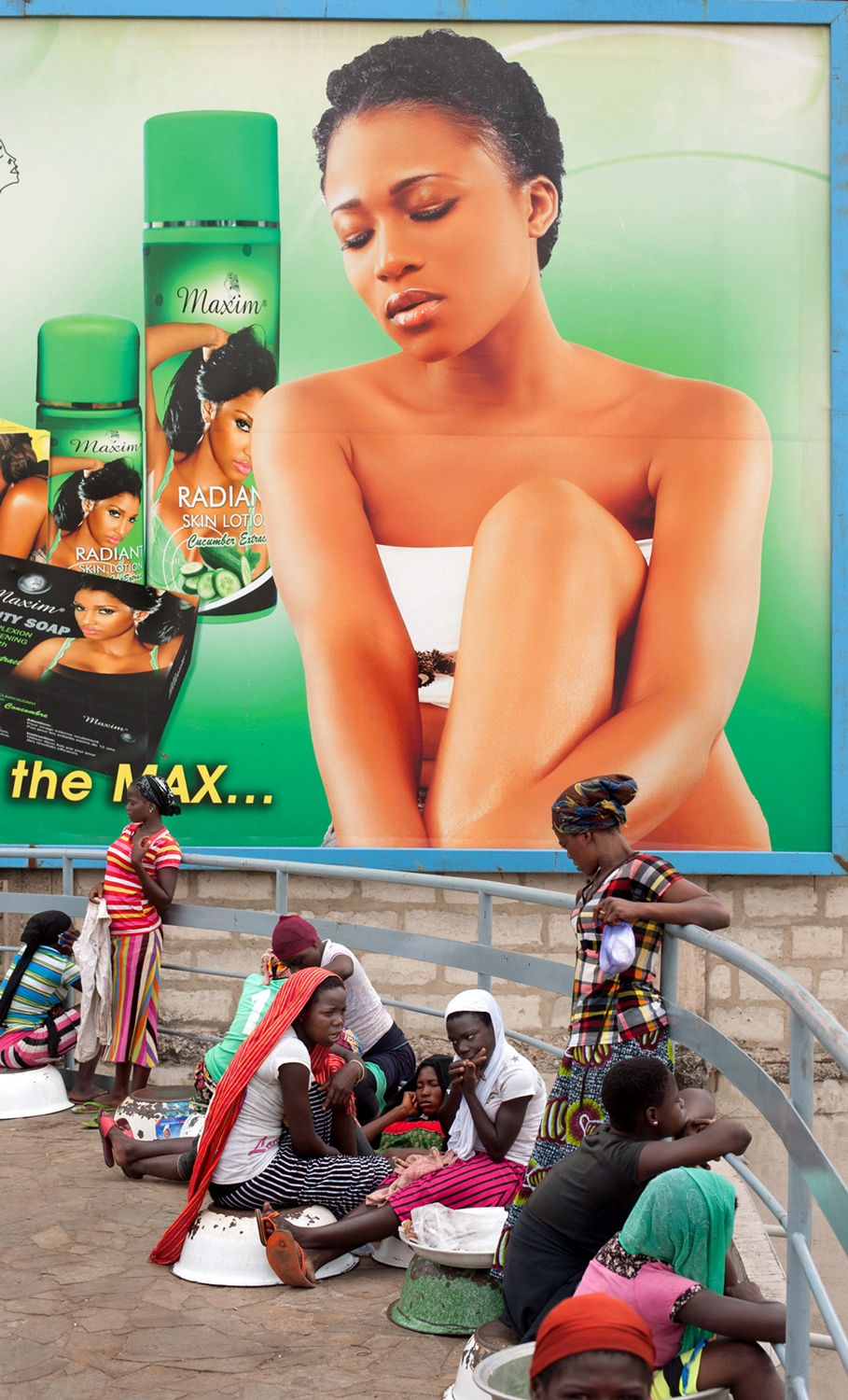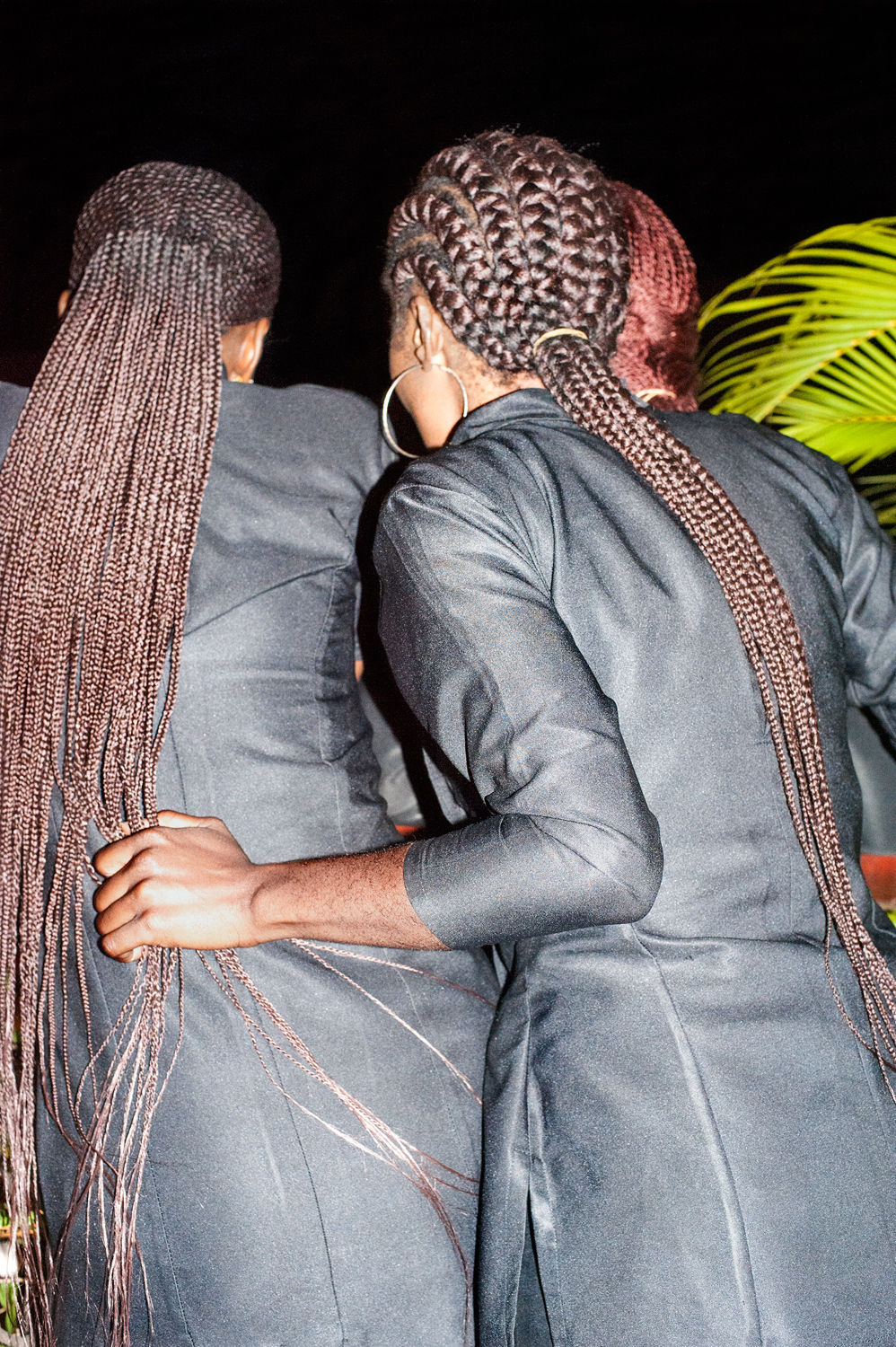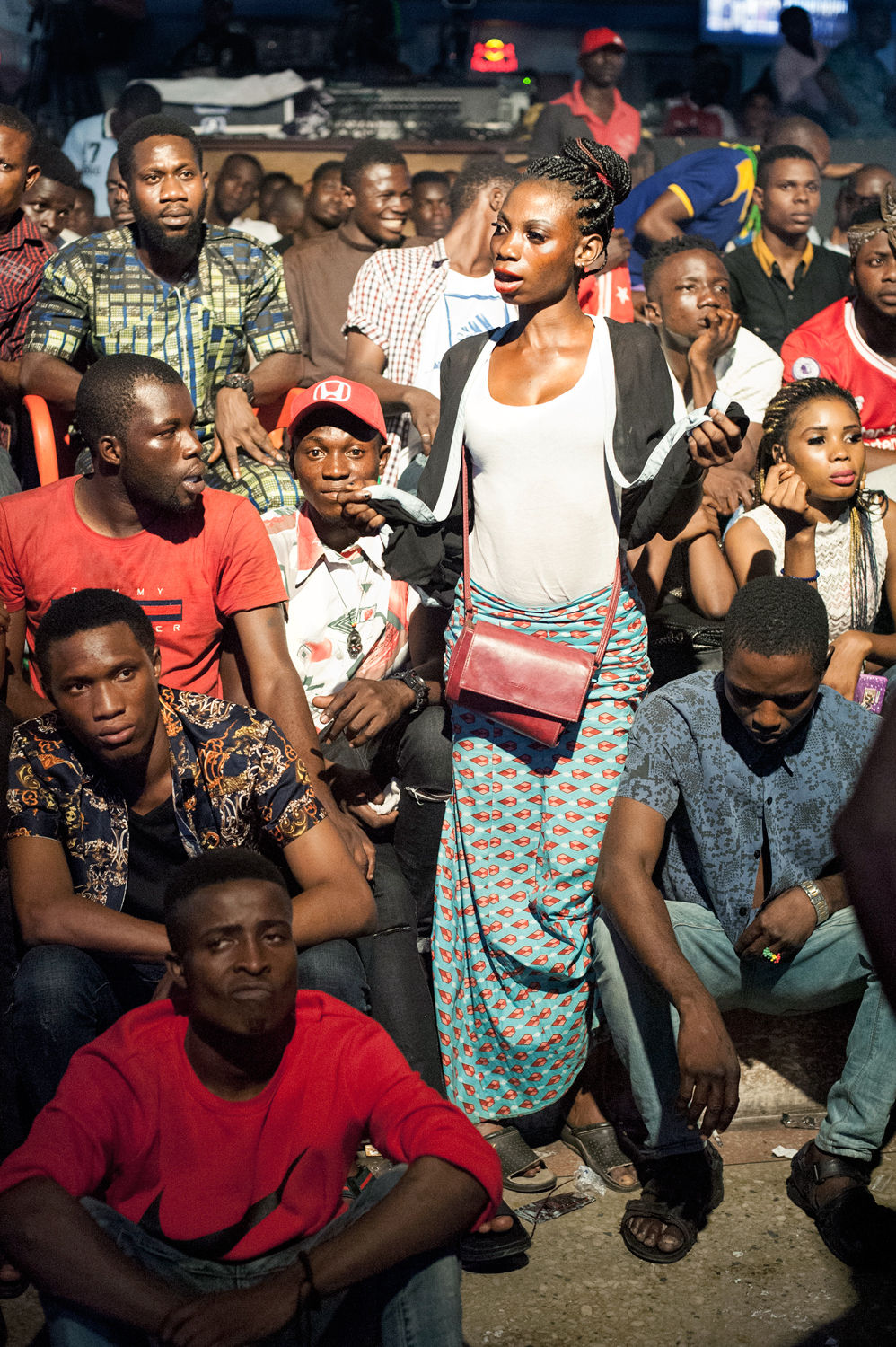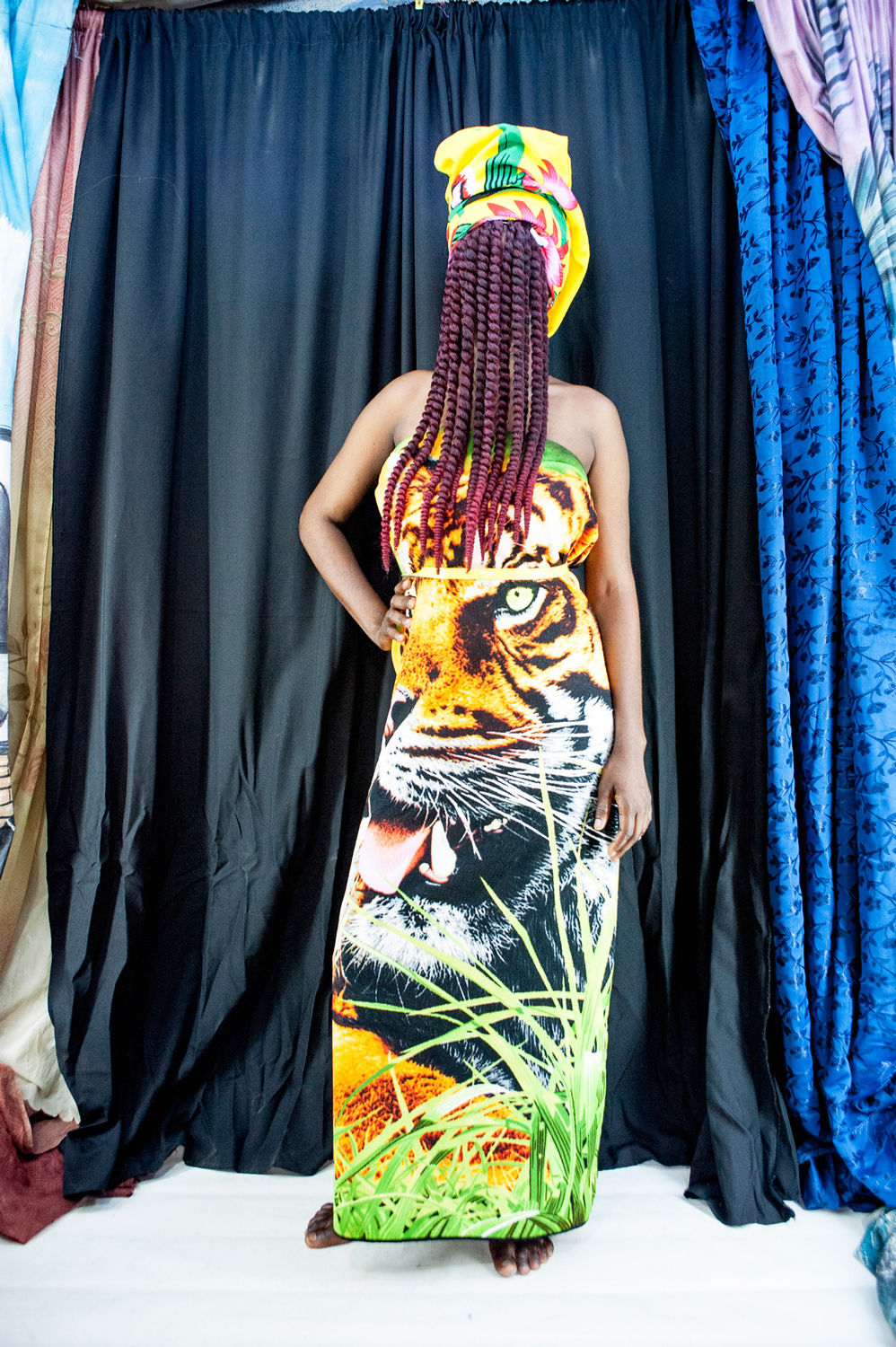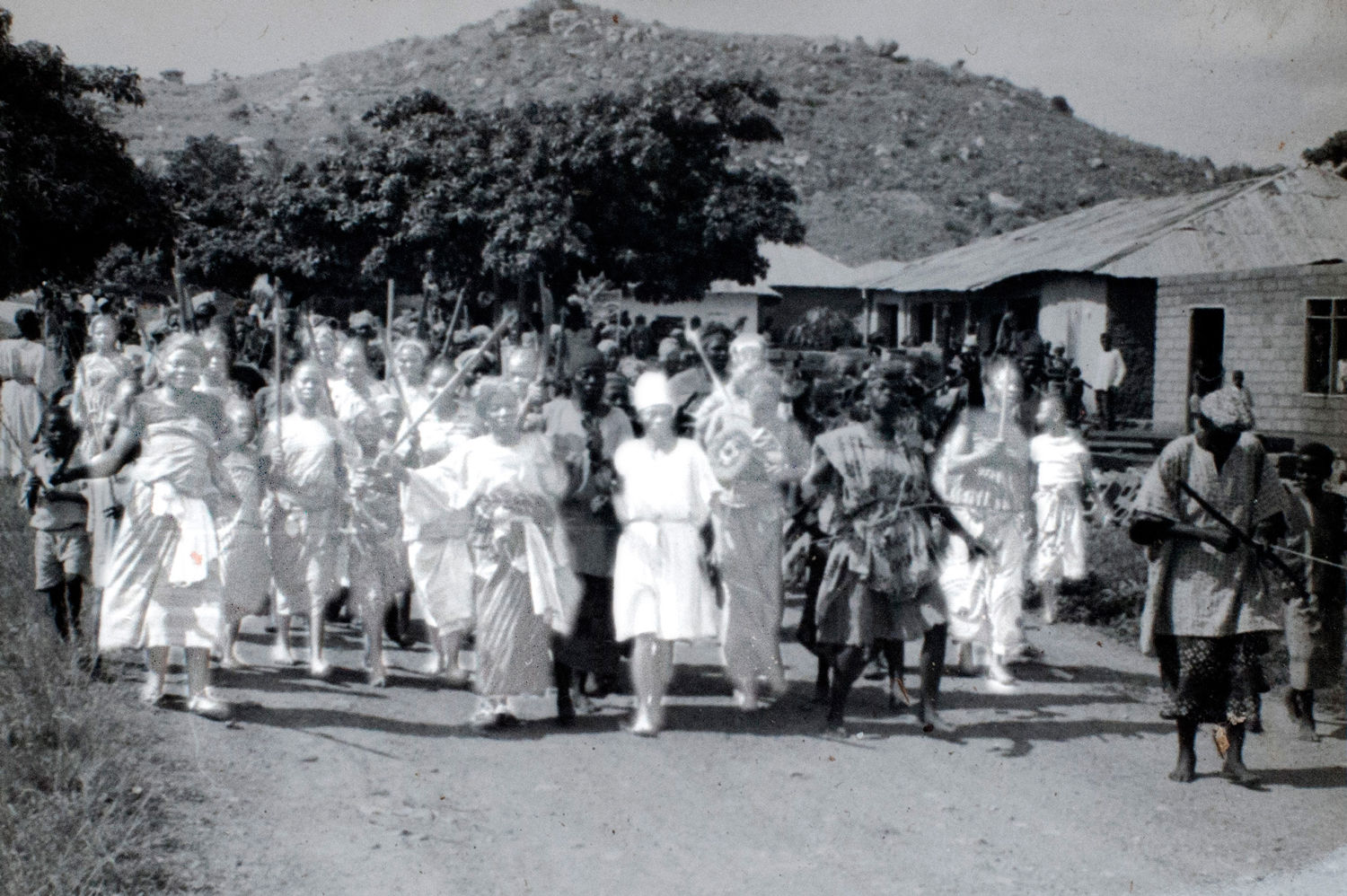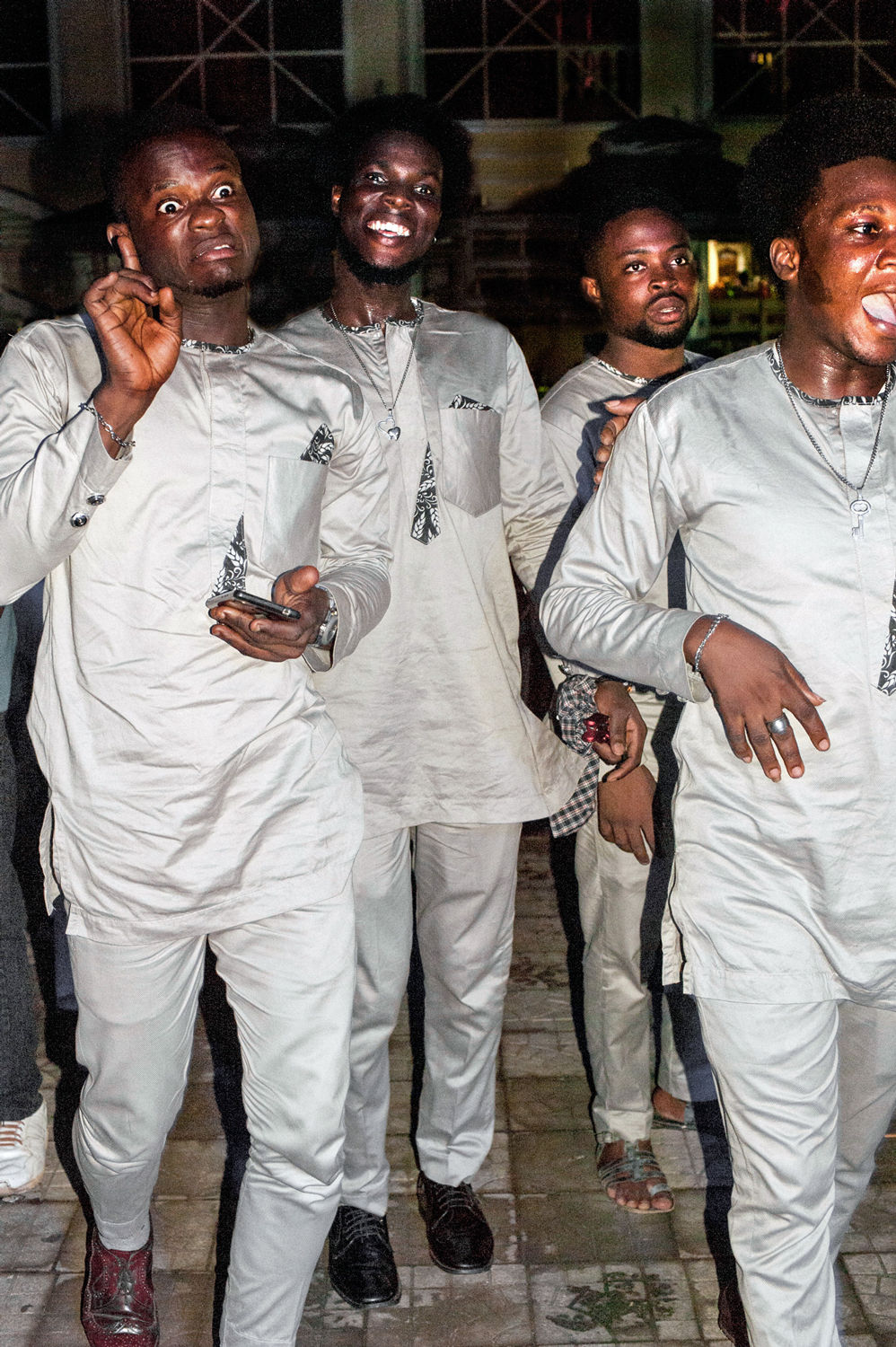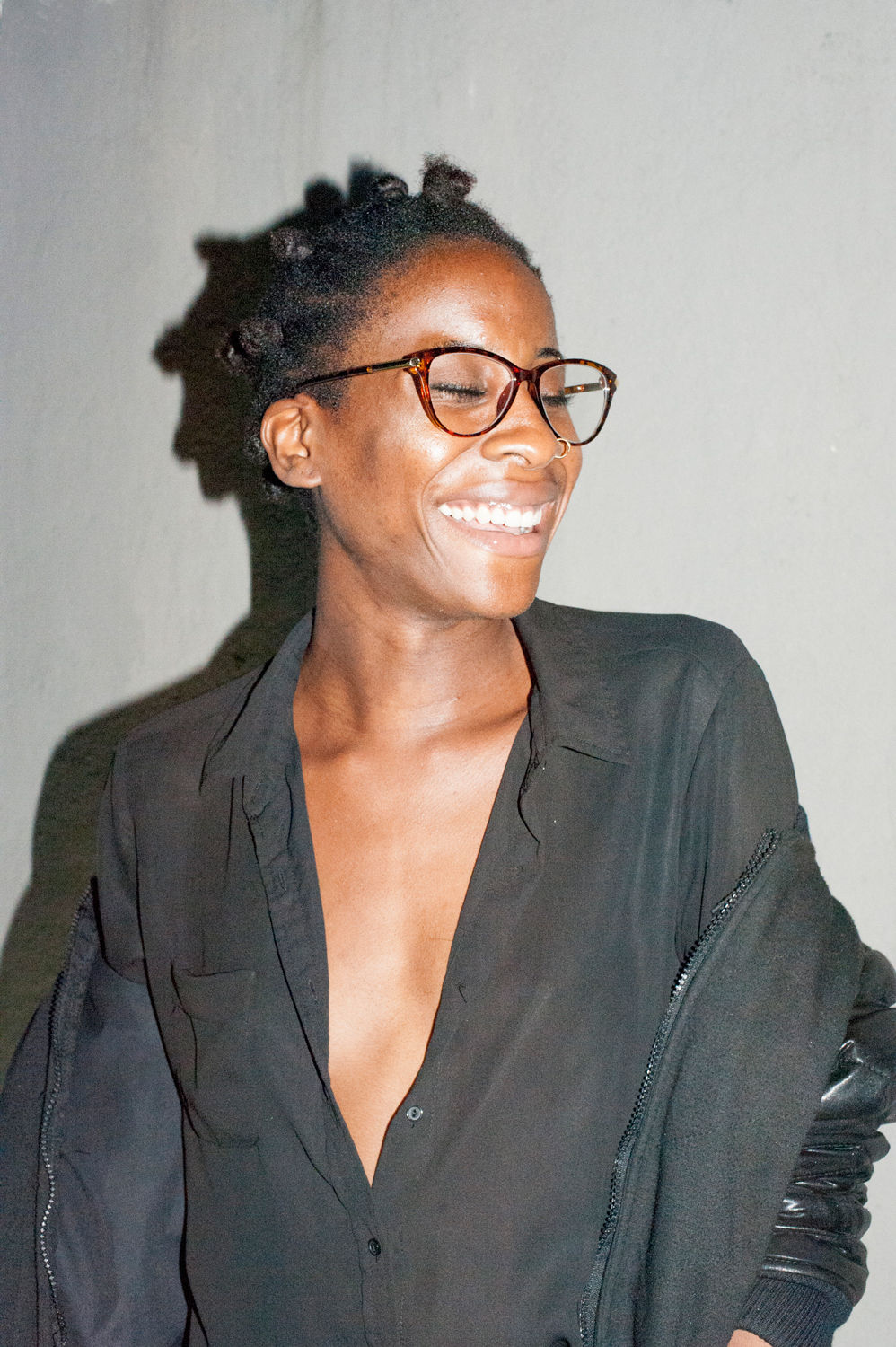Jessica Wolfelsperger
Artist Feature
Every week an artist is featured whose single image was published by Der Greif. The Feature shows the image in the original context of the series.
Gloria Oyarzabal - WOMAN GO NO'GREE
Apr 03, 2019
Empires, by their very nature, embody and institutionalize difference, both between metropolis and colony and between colonial subjects. The imperial imaginary floods popular culture. Gender categories were one kind of bio-logic “new tradition” that European colonialism institutionalized in Yoruba as well as other African cultures. There is significant religious and linguistic evidence that Yoruba society was not gendered before colonization. Social practices (such as division of labor, kinship, profession and monarchical structures) were not ordered according to gender difference but to lineage or age.
Rethink gender as a Western construction: the postcolonial mapping of the distinctively European approaches to feminism that has been developing in recent decades the “woman question,” mostly as a Western one and not a proper lens for viewing African society.
Where is the African women identity leading to? How is it going to be their relation with men? Would they be able to recover their ancestral social hierarchy or will there be a new super retro-futuristic way to interact between both genders? How will the colonizing tactics of the future will be?
We need to look at imperialism, colonization and other global and local forms of stratification, which lead to the conclusion that gender cannot be separated from the social context and other systems of hierarchy. Thus, the three central concepts that have been the pillars of western feminism, women, gender and sisterhood, are only understood with a careful attention to the patriarchal nuclear family from which they have emerged, which is a familiar form far from being universal.
Can we assume that social relations in all societies are organized around biological sexual difference? Is the male body in African societies seen as normative and therefore a channel for the exercise of power?
One consequence of Eurocentrism is the racialization of knowledge: Europe is represented as the source of knowledge and Europeans, therefore, as thinkers. In addition, male privilege as an essential part of the European ethos is implicit in the culture of modernity. What if modernity models brings us to a new vision of “the other”?. Maybe understanding History we will be able to overcome the social and symbolic ascription only by the difference of sex and open the range to other factors for the construction of identity.
I explore the intersections between gender, history, knowledge-making,…
Beauty canons, modernity, stereotypes,… Decolonize feminism questioning the eurocentric rational theoretical frameworks that construct gender categories in a universalistic manner.


